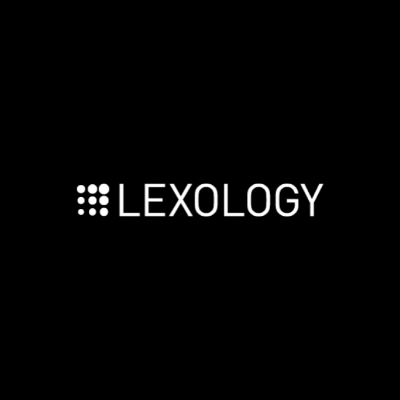Italy's AI Law: the good, the bad...and the actual substance
- Bias Rating
- Reliability
35% ReliableAverage
- Policy Leaning
-50% Medium Left
- Politician Portrayal
N/A
Continue For Free
Create your free account to see the in-depth bias analytics and more.
By creating an account, you agree to our Terms and Privacy Policy, and subscribe to email updates.
Bias Score Analysis
The A.I. bias rating includes policy and politician portrayal leanings based on the author’s tone found in the article using machine learning. Bias scores are on a scale of -100% to 100% with higher negative scores being more liberal and higher positive scores being more conservative, and 0% being neutral.
Sentiments
19% Positive
- Liberal
- Conservative
| Sentence | Sentiment | Bias |
|---|---|---|
Unlock this feature by upgrading to the Pro plan. | ||
Reliability Score Analysis
Policy Leaning Analysis
Politician Portrayal Analysis
Bias Meter
Extremely
Liberal
Very
Liberal
Moderately
Liberal
Somewhat Liberal
Center
Somewhat Conservative
Moderately
Conservative
Very
Conservative
Extremely
Conservative
-100%
Liberal
100%
Conservative

Contributing sentiments towards policy:
62% : What matters now is understanding the AI Law's actual reach - especially in light of the EU Commission's intervention and guidance, which has shaped how far Italy - as well as any other Member State - can go within the harmonised framework created by the AI Act (Regulation (EU) 2024/1689).60% : In short, more will follow, but it must remain within the EU perimeter.
59% : On 10 October 2025, Italy's AI Law (Law No. 132/2025) entered into force - the first comprehensive national AI framework in the EU.
57% : By now, it is common knowledge that this is the first comprehensive national AI framework in the EU, ranging across multiple domains (including protection of minors and parental consent, data and algorithms usage for AI training, copyright and TDM exceptions, as well as deepfakes), and that a flurry of commentary has already mapped its perimeter.
56% : Article 1(1) ("Purpose and scope") and Article 3(5) ("General principles") mandate consistency with the AI Act and rule out imposing obligations beyond it - a framing that stems from the exchanges with the EU Commission in the context of (confidential)
55% : As with other EU-derived regimes, the precise allocation and coordination of competences will ultimately unfold in how enforcement actually takes place.
50% : Consequently, the AI Law cannot be read in isolation - its provisions, and any implementing decrees, must be construed in conformity with the EU framework.
49% : Sectoral provisions Although the AI Law insists it does not add obligations beyond the AI Act, it does address areas of practical significance, covered by the AI Act itself and other EU legislation to which the AI Act is expressly "without prejudice": More to come: Implementing decrees due by October 2026
48% : While this does not render the AI Law irrelevant, it means it operates within a clearly delineated perimeter set by the EU legislator, as increasingly shaped by the EU Commission and other EU institutions' guidance.
48% : Governance and authorities Building on the EU Commission's observations, the AI Law no longer aims at creating a standalone, "organic" domestic framework.
47% : In outlining governance, Article 20 of the AI Law designates the Agency for Digital Italy (AgID) as the notifying authority, and the National Cybersecurity Agency (ACN) as market surveillance authority and single point of contact with EU institutions.
46% : They contextualise the text, temper expansive readings, and likely provide a strong ground against potential enforcements that would outpace the AI Act and/or other EU legislation to which the AI Act is expressly without prejudice (among others, Regulation (EU) 2016/679, "GDPR"; and Regulation (EU) 2022/2065, "DSA").
*Our bias meter rating uses data science including sentiment analysis, machine learning and our proprietary algorithm for determining biases in news articles. Bias scores are on a scale of -100% to 100% with higher negative scores being more liberal and higher positive scores being more conservative, and 0% being neutral. The rating is an independent analysis and is not affiliated nor sponsored by the news source or any other organization.






















 Lexology
Lexology